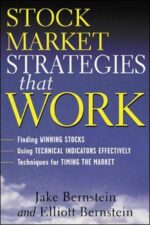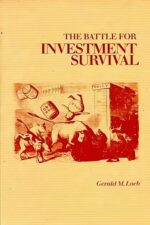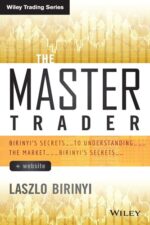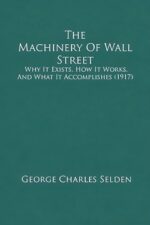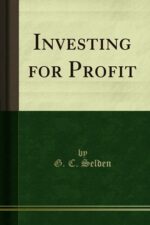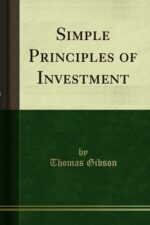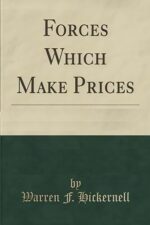Adaptive Markets: Financial Evolution at the Speed of Thought
$11.73
In Adaptive Markets, Andrew Lo cuts through this debate with a new framework, the Adaptive Markets Hypothesis, in which rationality and irrationality coexist. Drawing on psychology, evolutionary biology, neuroscience, artificial intelligence, and other fields, Adaptive Markets shows that the theory of market efficiency isn’t wrong but merely incomplete. When markets are unstable, investors react instinctively, creating inefficiencies for others to exploit. Lo’s new paradigm explains how financial evolution shapes behavior and markets at the speed of thought―a fact revealed by swings between stability and crisis, profit and loss, and innovation and regulation.
Introduction:
We need a new way of thinking about financial markets and human behavior, and that’s what this book is about. I call this new way of thinking the Adaptive Markets Hypothesis. The term “adaptive markets” refers to the multiple roles that evolution plays in shaping human behavior and financial markets, and “hypothesis” is meant to connect and contrast this framework with the Efficient Markets Hypothesis, the theory adopted by the investment industry and most finance academics. Efficient markets mean that there’s no such thing as a free lunch, especially on Wall Street: if financial market prices fully incorporate all relevant information already, trying to beat the market is a hopeless task.
Instead, you should all put your money into passive index funds that diversify as broadly as possible, and stay invested in stocks for the long run. Sound familiar? Th is is the theory that we teach in business schools today, and it was taught to your broker, your financial adviser, and your portfolio manager. In 2013, University of Chicago finance professor Eugene F. Fama was awarded the Nobel Prize in Economic Sciences specifically for this notion of market efficiency.
The Adaptive Markets Hypothesis is based on the insight that investors and financial markets behave more like biology than physics, comprising a population of living organisms competing to survive, not a collection of inanimate objects subject to immutable laws of motion. This simple truth has far-reaching implications. For one thing, it implies that the principles of evolution— competition, innovation, reproduction, and adaptation— are more useful for understanding the inner workings of the financial industry than the physics-like principles of rational economic analysis.
It implies that market prices need not always reflect all available information, but can deviate from rational pricing relations from time to time because of strong emotional reactions like fear and greed. It implies that market risk isn’t always rewarded by market returns. It implies that investing in stocks in the long run may not always be a good idea, especially if your savings can be wiped out in the short run. And it implies that changing business conditions and adaptive responses are often more important drivers of investor behavior and market dynamics than enlightened self-interest— the wisdom of crowds is sometimes overwhelmed by the madness of mobs.
Contents:
- Are We All Homo economicus Now?
- If You’re So Smart, Why Aren’t You Rich?
- If You’re So Rich, Why Aren’t You Smart?
- The Power of Narrative
- The Evolution Revolution
- The Adaptive Markets Hypothesis
- The Galapagos Islands of Finance
- Adaptive Markets in Action
- Fear, Greed, and Financial Crisis
- Finance Behaving Badly
- Fixing Finance
- To Boldly Go Where No Financier Has Gone Before
Adaptive Markets: Financial Evolution at the Speed of Thought By Andrew Lo pdf
| Author(s) | |
|---|---|
| Format | |
| Publication Year | 2017 |



